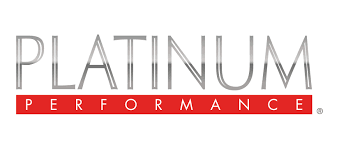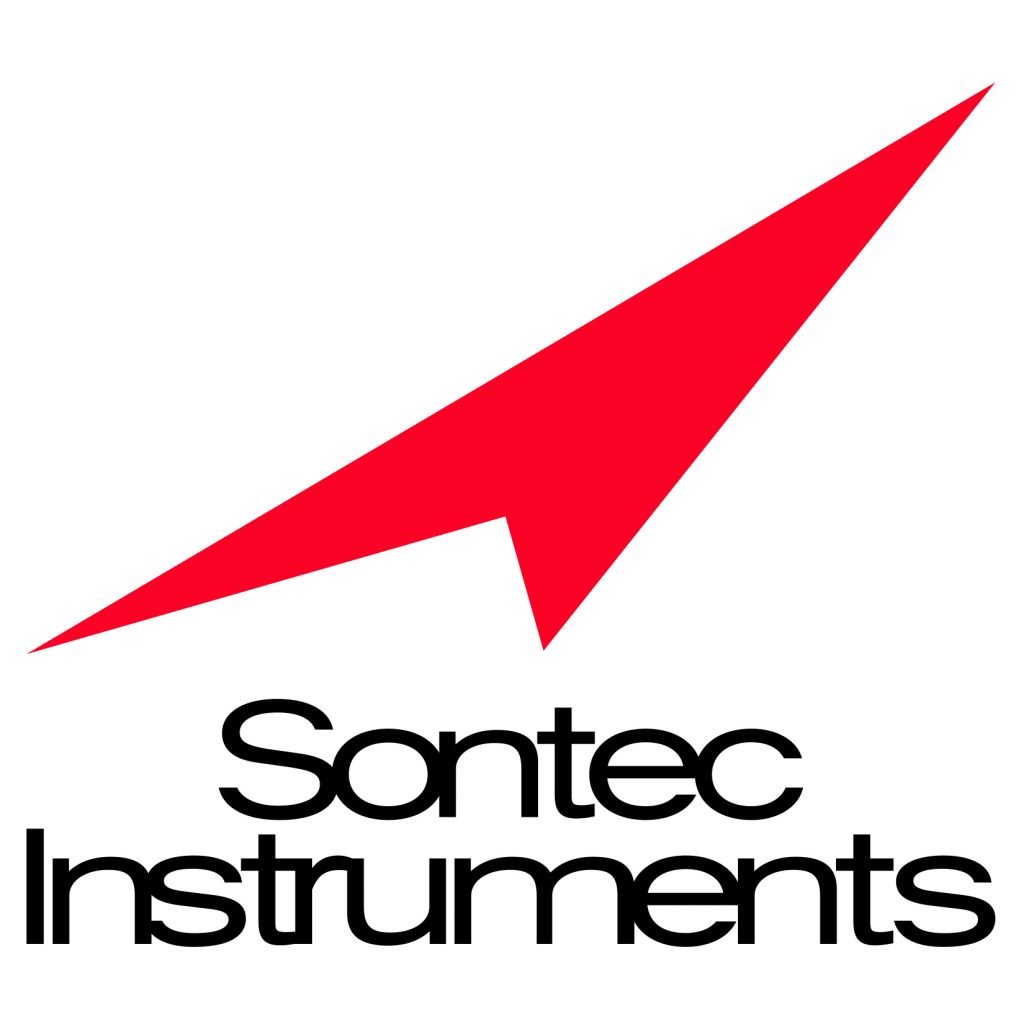Register by May 21, 2024 to save $200 with our early bird pricing!
Course Description
As an ACVS sanctioned educational program, this course can be used toward ACVS Diplomate Maintenance of Certification
If you do equine arthroscopic surgery in your practice, this is the hands-on training course that you can’t live without.
Drs. Wayne McIlwraith, Chris Kawcak, David Frisbie, Laurie Goodrich, Wes Sutter, Ryan Carpenter, and Brad Nelson will use a combination of easy-to- understand didactic lectures, video demonstrations and extensive, practical hands-on lab training to teach you the basic instrumentation and principles of equine arthroscopy. You’ll learn diagnostic arthroscopy of the carpus, fetlock, and tarsocrural joints and arthroscopic surgery of the carpus for osteochondral chip fragment removal and arthroscopic surgery of the dorsal compartment of the fetlock joint for proximal P1 chips, villonodular synovitis and OCD.
You’ll return to your practice comfortable with basic arthroscopic instrumentation and techniques and ready to grow as an equine arthroscopist. This course will prepare you for the Advanced Equine Arthroscopy course and is a mandatory pre-requisite.
Access to this course will expire one year (365 days) from the course’s end date. After this period, users will no longer have access to course materials, resources, and any associated content. It is the responsibility of the users to complete the course and download any materials including their course completion certificate.
Category
Equine
Instructors
Dr. Chris Kawcak
Dr. Wayne McIlwraith
Dr. Ryan Carpenter
Dr. David Frisbie
Dr. Laurie Goodrich
Dr. Brad Nelson
Dr. W. Wesley Sutter
Race Approved CE
12.0
Cost
$1,695.00
Course Type
In-Person
Instructors
Dr. Chris Kawcak
DVM, PhD, DACVS, DACVSMR
Dr. Wayne McIlwraith
BVSc, PhD, FRCVS, DSc, DACVS, DACVSMR, University Distinguished Professor and Founding Director of Orthopaedic Research Center
McIlwraith, a University Distinguished Professor in the Department of Clinical Sciences is the founder of the Orthopaedic Research Center at CSU. He is also the namesake of the new C. Wayne McIlwraith Translational Medicine Institute, which aims to deliver medical innovations by harnessing the body’s healing powers to help animals and people suffering from a wide range of diseases.
His research interests focus on equine orthopedic surgery and joint disease research, including novel treatments for osteoarthritis and articular cartilage repair, mesenchymal stem-cell and gene therapies, and early diagnosis of osteoarthritis and pre-fracture disease using imaging and fluid biomarkers.
McIlwraith has authored six textbooks, 450 scientific publications and textbook chapters, and has delivered more than 650 scientific presentations, seminars and workshops around the globe. He also holds the Barbara Cox Anthony University Chair in Orthopaedics and is director of the Musculoskeletal Research Program, a CSU Program of Research and Scholarly Excellence
Dr. Ryan Carpenter
DVM, MS, DACVS
Dr. David Frisbie
DVM, PhD, DACVS, DACVSMR
Dr. Laurie Goodrich
DVM, PhD, DACVS
Dr. Brad Nelson
DVM, PhD, DACVS
Dr. W. Wesley Sutter
DVM, MS, DACVS, DACVSMR
Travel
Northern Colorado and the City of Fort Collins offer many great indoor and outdoor activities to explore. For an up-to-date list of activities, visit their website.
Policies
Participant Cancellation Policy: Course attendees can cancel their registration for an in-person course according to the following
- Cancellation more than 60 days prior: Full refund minus 10% processing fee or 100% Future Transfer Credit (FTC).
- Cancellation 30-60 days prior: 50% refund or 75% FTC.
- Cancellations within 30 days: 50% FTC only. Cancellations due to illness or other unforeseen circumstances will be considered on an individual basis.
- Future Transfer Credits can be applied to any course within 365 days of the cancelled course.
Course Cancellation Policy: Course cancellations due to low registration numbers or other circumstances may be announced 35 days or more prior to the course. Full refund of the course registration or 100% Future Transfer Credit (FTC) will apply. We are unable to reimburse for travel expenses incurred.
Course Access Policy:
Access to this course will expire one year (365 days) from the course’s end date. After this period, users will no longer have access to course materials, resources, and any associated content. It is the responsibility of the users to complete the course and download any materials including their course completion certificate.






